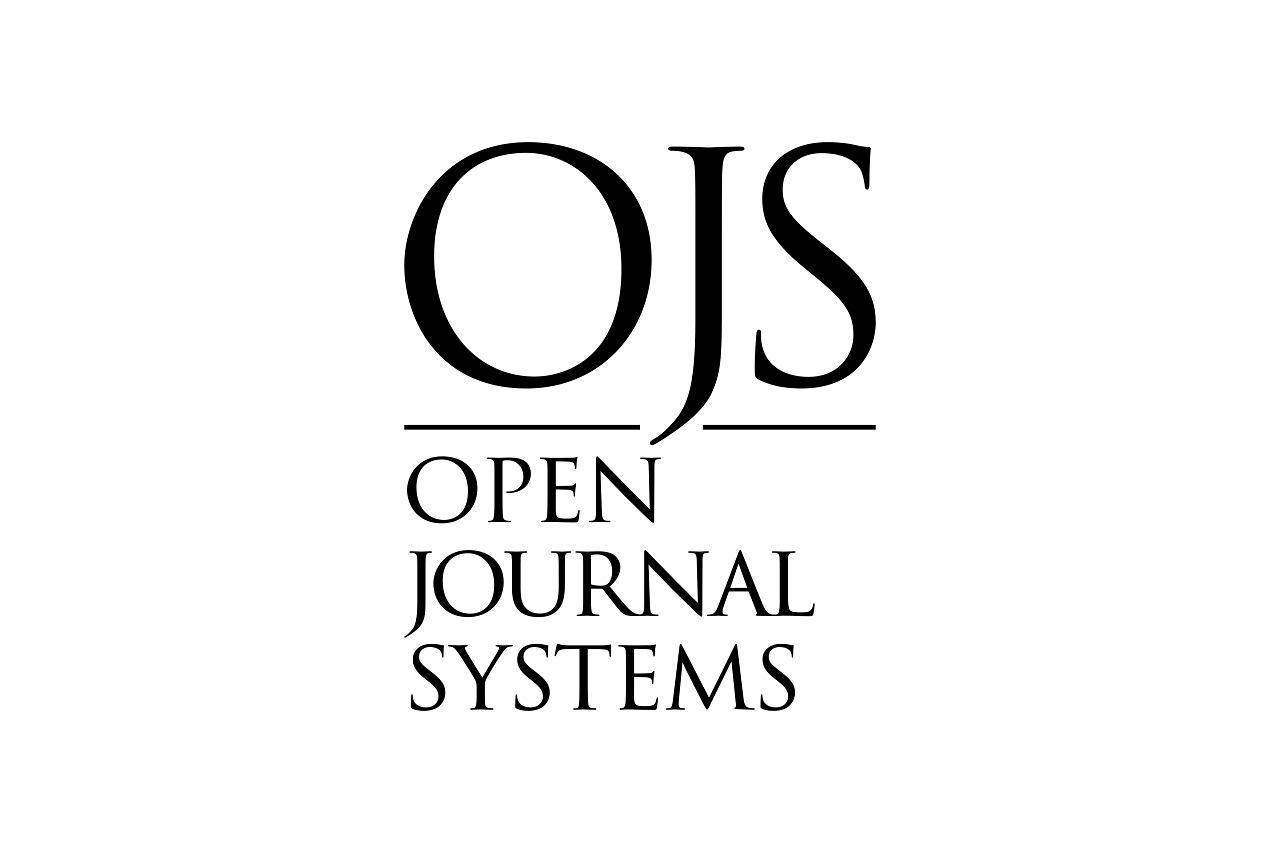Improving the System of Public Administration of Regional Development in the Context of Digitalization
DOI:
https://doi.org/10.52123/1994-2370-2024-1171Keywords:
public administration, digitalization in pandemic conditions, regional development, information technology, unified information systemAbstract
In Kazakhstan, a phased introduction of a unified information system "E-Otinish" for receiving citizens' appeals began in May 2021. This system is aimed at automating the distribution of appeals by competence of state bodies, reducing the time for their processing by reducing requests, informing applicants about the progress of consideration of their appeals and forming a common database of appeals to state bodies.
The purpose of this study is to analyze the management of regional development in the context of digitalization, as well as to study the statistical data collected through a unified information system of citizens' appeals. The study is based on theoretical and methodological developments of both Kazakhstani and international scholars, reflecting the importance of public administration in the era of digital transformation.
The peculiarity of this work is the analysis of the impact of the pandemic and accompanying restrictive measures on the digitalization of public services. The crisis stimulated the transition of public service centers (PSCs) to a remote working format and contributed to an increase in digital literacy among the population. The study demonstrates how the state has adapted to the new conditions and what effects digitalization has had on regional development.
However, it reveals a critical need to improve the quality of interaction of civil servants with the population and organizations. Insufficient responsiveness to requests, as well as the ambiguity of information disseminated by ministries and local executive bodies, undermines citizens' trust in government measures and worsens the image of the state apparatus.
Thus, in the conditions of accelerated digitalization, special attention should be paid not only to the technological support of processes but also to the quality of communication between state bodies and society, which is a key factor for successful digital transformation and increasing the efficiency of public administration.
 : 1453
: 1453
 : 187
: 187























